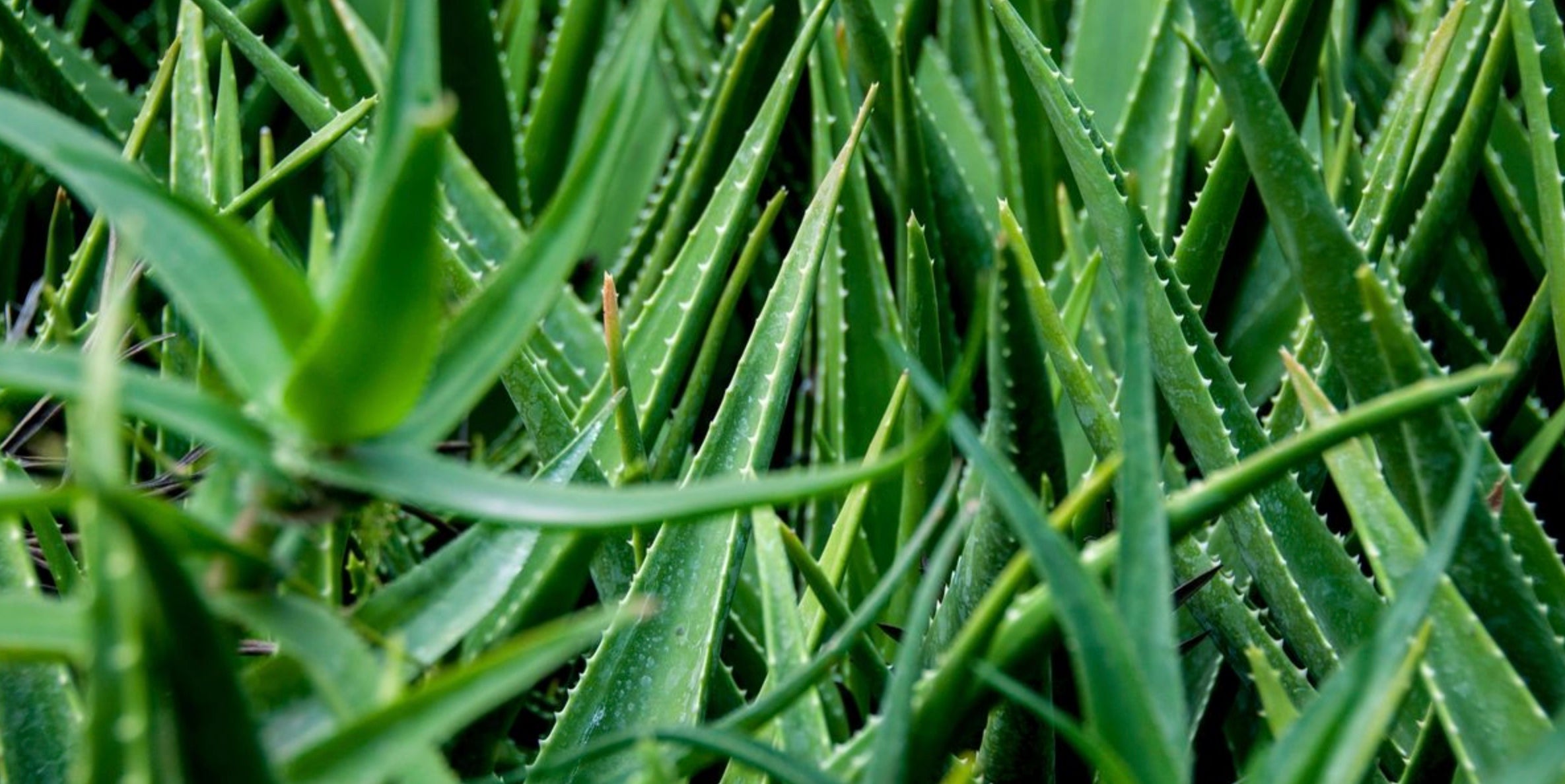Plant-Based Options for Chronic Inflammation

When a part of your body respond with redness, heat and swelling after an injury occurs – you have likely experienced acute inflammation. Despite how it feels, this reaction is actually a helpful response when injured as your body works to repair the damage. As the pain and severity of the injury dissipates, so does the inflammation. Unless your dealing with chronic inflammation…
When acute or short-lived inflammation lingers, it may be a sign of chronic inflammation – a not so helpful condition where inflammation carries on after the initial injury has subsided. Chronic inflammation may also indicate the body was unable to heal what caused the inflammation to occur in the first place. The real challenge with chronic inflammation is that it can lead to larger issues as the immune system reacts by firing up white blood cells to handle the trouble-spot. This response can cause damage to healthy tissues and organs surrounding the area. If left untreated, chronic inflammation can even lead to major diseases such as arthritis, diabetes and cancer.
Because inflammation can lead to bigger issues if left untreated, there has been a great deal of attention paid to how we can lessen its triggers and symptoms – from lifestyle changes, including anti-inflammatory diets and increased exercise, to supplements and topical products. For those seeking a holistic approach, there is a large market for natural products that promote anti-inflammatory properties. Many of these products often contain a common denominator: plant-based ingredients. Many plants have been used for centuries in alternative and complementary medicine, and we are now seeing more attention paid to plant-based healing here in the United States. Below we will explore a few of the most popular plant remedies suggested to help with inflammation.
Aloe Vera is a plant that is highly regarded for its anti-inflammatory reputation. Most well-known in its gel-form, Aloe Vera has long been used topically to soothe burns. We have all likely reached for the cooling gel after a long day in the sun or a minor burn from a hot stove. In addition to its topical gel application, Aloe Vera may also be ingested in latex form and is suggested to relieve symptoms associated with a number of conditions including osteoarthritis, heartburn and indigestion.
Another well-known plant believed to reduce inflammation is turmeric. Turmeric, grown in parts of Asia and Central America, is known for its bright yellow color and distinct flavor. It is commonly used in cuisine native to these regions, but also as a healing ingredient in Ayruvedic medicine – India’s ancient medical system. Today, turmeric can be found in many dietary supplements recommended for use by individuals struggling with conditions associated with inflammation such as arthritis and cancer.
Arnica, an herb from Siberia and central Europe, is yet another plant remedy suggested for relief from inflammation. Arnica is popular among athletes in gel or cream form to calm achy muscles. Some research suggest Arnica may also reduce symptoms and improve function for individuals coping with osteoarthritis in hands and knees.
In addition to those outlined herein, there are many other plants and herbs that may benefit individuals seeking to reduce inflammation. From Green Tea Extract to Ginger Root, Thunder God Vine from China to an herb known as Devil’s claw native to Africa – the origins, forms and suggested uses vary. Despite these variables, one underlying concept remains consistent: the healing power of plants is definitely worth a closer look.
Sources:
https://nccih.nih.gov/health/tips/natural-products-musculoskeletal-inflammation
https://nccih.nih.gov/health/turmeric/ataglance.htm
https://www.health.harvard.edu/staying-healthy/understanding-inflammation
https://medlineplus.gov/druginfo/natural/721.html
https://nccih.nih.gov/health/aloevera




